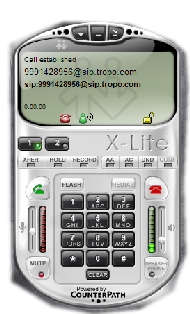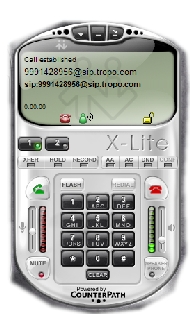Based on “anonymous sources”, the New York Times is reporting that the FCC will reclassify cable broadband today as a hybrid beast, part information and part telecommunications service. This is based on the well known principle that voice (a transmission that doesn’t involve a change in format) can infect the information part (a format changing transmission) and… forget it, it’s too painful to go into.
So you would think that information and content providers would uniformly welcome the FCC’s new classification scheme as a way to preserve net neutrality? Not so fast.
As I had argued in an earlier post, facility-less VoIP carrier are not going to be very excited about having the legacy telecommunications legal superstructure of Title II placed over them.
If you dig into recent FCC filings, you’ll see that at least one major VoIP provider, Vonage, has concerns about the FCC’s helping hand.Continue reading







